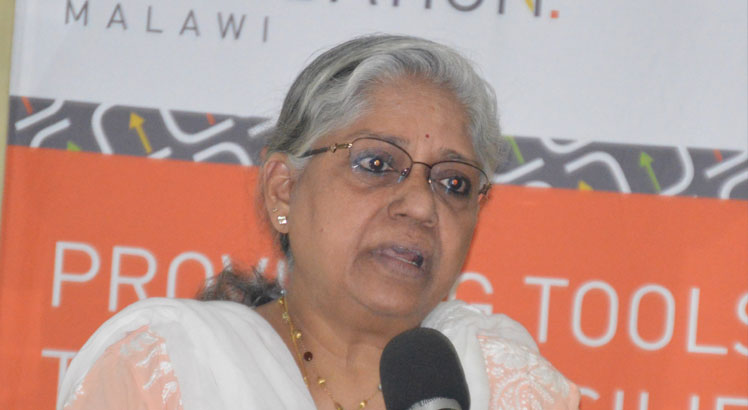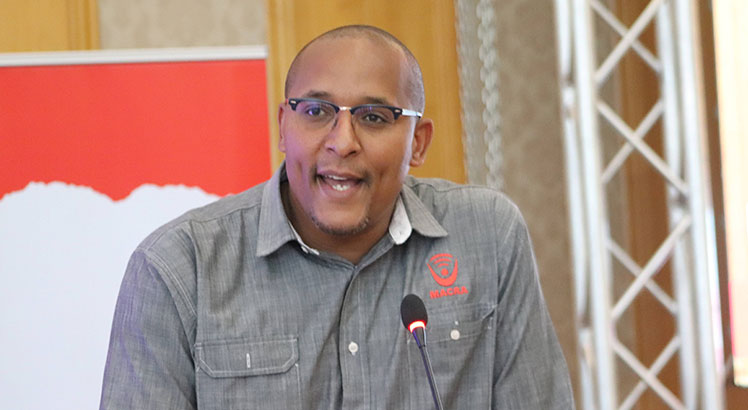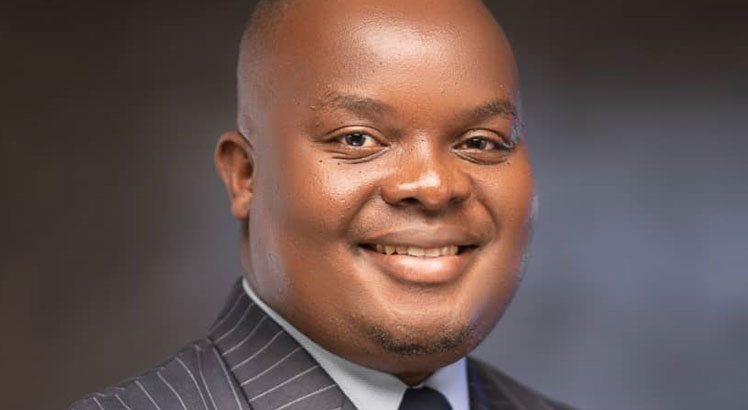Researcher Nandini Patel has dared Malawians to explore mechanisms that will compel sitting Presidents and Vice-Presidents (VPs) to resign after quitting parties that ushered them into power to form their own.
The former University of Malawi political science lecturer said this yesterday in her keynote address during the Malawi-Zambia Political Parties’ Joint Workshop in Lilongwe organised by Democracy Works Foundation (DWF).
In reference to the position of VP, Patel, a researcher in political process and systems, said remaining in the position after forming their parties disrupts the government operations.
Patel: Presidents who quit their parties do not deserve to continue governing
She said: “It is a problem because the President and the Vice-President should work hand-in-hand as one team. Forming a new party means that he or she has a problem.
“Once the Vice-President feels that he or she cannot get along with the President and has interest to form a party then they should resign from their position because that is an elected position. You go as a team and get elected.”
On presidents who quit their parties, Patel said:”We accept that this happens. This should not happen in the first place. So, we have to reflect.”
Malawi has experienced such scenarios three times. First, when former president Bingu wa Mutharika dumped the United Democratic Front in 2005 after winning the 2004 elections to form the Democratic Progressive Party (DPP).
In 2011, former president Joyce Banda formed People’s Party (PP) while serving as Vice-President. The then ruling Democratic Progressive Party (DPP) expelled her for allegedly refusing to endorse Bingu’s brother Peter as the next presidential candidate.
Five years ago, incumbent VP Saulos Chilima quit DPP to form UTM Party after falling out with former president Peter Mutharika over a succession plan.
Patel, a former associate professor of poltical science at Catholic University of Malawi, further observed that clinging to their positions gives the veeps leeway to use public resources for their party programmes.
On whether there is need for a law amendment to force out such presidents and vice presidents, she said: “The law is clear that the President is elected and that the Vice-President is elected with the President. I don’t think there is a change of law required here.
“We need to work as a team to find solutions for everything to make democracy work in law. I am not in favour of creating laws and not implementing them.”
In an interview, Zambia’s governing United Party for National Development representative Charles Kaisala said it was irregular for the Vice-President to remain in the seat after quitting the governing party.
He said: “In every organisation structure you can’t have two centres of power. It’s impossible. You can’t operate. If somebody is so ambitious that he/she needs to usurp power from the guy who is on top, that person is not worthy to be a Vice President.”
On his part, PP administrative secretary Ben Chakhame, who is attending the workshop, said the electoral system needs to change if Malawi is to tame the situation.
“On the issue of Presidents forming their parties, my take is whether we should be voting for parties or individuals. If we vote for parties then that problem is solved by itself because the party will just replace him like what happens in countries like the Republic of South Africa,” he said.
On VPs quitting the ruling party, Chakhame signaled that they take different directions after being abused.
“We should strive to fight tooth and nail to get rid of the tendency of just riding on someone’s back until you cross the river and the other person becomes useless,” he said.
The two-day workshop, which has drawn political party representatives, is running under the theme ‘Strategic planning for party institutionalisation’.
It falls under the Southern Africa Political Parties and Dialogue Programme which DWF with support from USaid is building political parties’ capacity in Malawi, Angola, Botswana, Lesotho and Zambia.
DWF regional director Augustine Magolowondo said Malawi was considered due to gaps in the political parties as some of the political parties lack of administrative and financial capacity.
The post Malawians dared to tame Presidents, VPs first appeared on The Nation Online.
 Moni Malawi
Moni Malawi 

